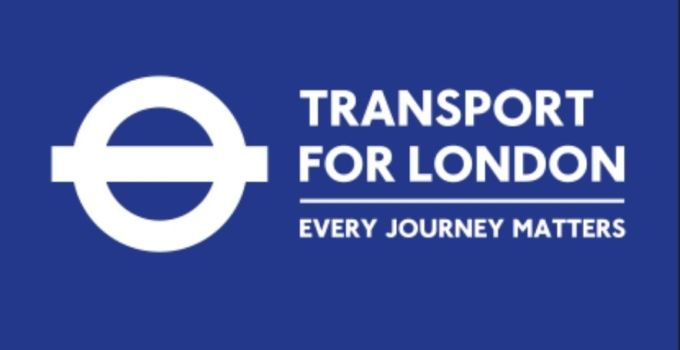Guiding, producing and training in expert equality impact assessments since 1992
Since 2012, public bodies have not been legally obliged to carry out equality impact assessments. However, they must still demonstrate due regard to the Equality Act 2010 in their decision-making so that no groups are left behind when services are changed or developed. This means that EIAs remain a valuable tool for assessing how public service providers—and private companies—can best serve every member of society.
Supporting LGBT+
23% of LGBT+ staff see coming out at work as a disadvantage
Employer Inclusion
61% of US staff report negatively on their employer's progress on inclusion
Experts in equality impact analysis
Develop and adapt services that cater for diverse communities
We’ve worked with organisations to integrate EDI best practice into their service offerings for the past 30 years. Today, we help them ensure they fulfil their duties under UK legislation, including the Equality Act 2010. We’ve carried out complex equality impact assessments and action planning across the health sector, transport, local authorities and trade unions.
Increasingly, private-sector businesses are recognising the value of equality impact analysis in ensuring service level excellence to diverse customer bases. We recently worked with the world’s largest outdoor advertising company, JC Decaux, to embed EIA best practice across their UK operations, enabling them to deliver best-in-class contracts for their public-sector clients.

Build EIA capacity in-house
Impact assessment, guidance and training workshops – a complete Equality Impact Assessment service
If your organisation carries out many EIAs, we can train your in-house teams and equip them with bespoke EIA templates and toolkits to support their work. Our EIA training can be delivered in-person or via virtual learning online.
Our EIA services include:
- Producing an Equality Impact Assessment template
- Advising on process, policies and procedures
- Conducting an EIA on your behalf
- Giving practical guidance on completing cumulative impact assessments
- Training your staff to undertake their own EIA
- Guidance for your suppliers on conducting EIAs
Equality Impact Assessment FAQs
What is an Equality Impact Assessment?
We all want our organisations to be places where diverse stakeholders can thrive from top to bottom and that they feel included and engaged. Unfortunately, it’s not always easy to get there. That’s where Equality Impact Assessments (EIA) come in: they are a tool that was created to ensure that business policies, practices and decisions are informed, fair, and reasonable.
This also includes meeting the needs of your staff and or customers, making sure that unconscious bias is not affecting decision making, and that you are not discriminating against any protected group under the Equality Act 2010.
Some public sector organisations like local authorities carry out EIAs to ensure they fulfil their duties under the Public Sector Equality Duty and to evidence the fact that they do not inadvertently create a system, service or product that discriminates. Many other organisations carry them out because it is a positive thing to do, and helps them pause before making decisions that may result in discriminatory systems, structures or services.
Why are Equality Impact Assessments important?
Creating an inclusive culture where employees are treated equally requires a deep analysis of your business and the context in which it operates in relation to ‘which groups get what?’. With Equality Impact Assessments, we help you break down and analyse the current realities. For example, which groups of people use your services and which don’t? Do you make reasonable adjustments for disabled people to ensure they get an equivalently good service or access to career development opportunities? We then create a methodology for building on good practice and creating an even more inclusive culture by implementing policies, training and other appropriate actions. It not only demonstrates that you are complying with relevant legislation, such as the UK’s Equality Act 2010, but it will also make your organisation a better place for everyone.
Is an Equality Impact Assessment a legal requirement?
Since the introduction of the Equality Act 2010, Equality Impact Assessments are no longer required by law in the UK. However, there are many benefits which mean that organisations continue to use them for different purposes. One of the more common ones is to demonstrate compliance with the Act, which necessitates ‘due regard’ is given in decisions to the elimination of prohibited conduct such as discrimination, harassment and victimisation. That said, businesses may choose to conduct an EIA for a variety of other reasons, for example, increasing diversity or fostering a better company culture.




